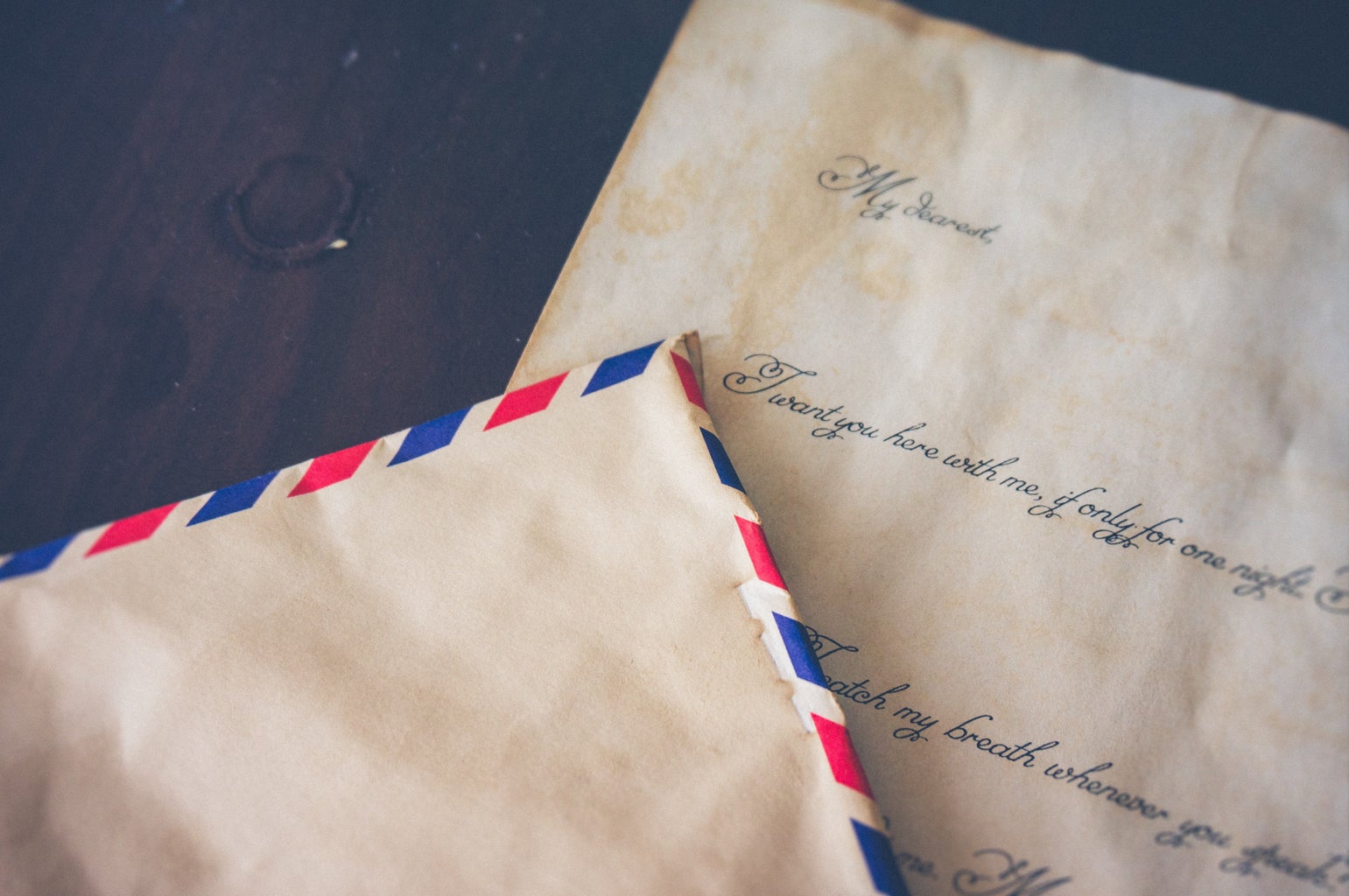When I was a kid, I remember that at every family Christmas someone would take on the responsibility of writing down each gift that we all received. The family-appointed scribe would sit near the tree, notepad in hand, and keep a careful record: Grandma and Grandpa: American Girl doll, Aunt Tammy: American Girl doll ice-skating outfit… and so on. As we got older, the list went from handwritten to typed in the notes app of each individual’s phone, but the idea was the same—to keep track of the gifts we received in order to write our thank you notes.
If you wrote thank you notes as a kid, they probably looked a lot like mine. Dear ____, Thank you for _____. I can’t wait to use it / wear it / spend it. Love, ____. Let’s be honest, your thank you notes might still look exactly like that, and that’s okay! The point of a thank you note is to let someone know you appreciate the time and effort they put into getting you a gift, not to show off your writing skills.
But, if you’re looking to take your thank you notes to the next level, here are a few tips.
1. Be specific.
While it is obviously important to remember exactly what was given to you, it’s also nice to be specific about why you appreciate the gift or gesture. For example, if you were given a gift card, let them know what you plan on buying, or if you were given a clothing item, tell the gifter how excited you are to wear it to a specific occasion or event. This can be especially meaningful for friends and family who live farther away, and who won’t be able to actually see you enjoying their gift.
2. Mention something besides the gift.
Whether it’s telling the gifter that you look forward to seeing them next or wishing them well, including a sentence or two mentioning something aside from the gift you’ve received can make your note feel less formulaic and more genuine. For example, if you’ve received a birthday gift from Aunt Susie, and you know you’ll be visiting her in a few weeks for Christmas, let her know how excited you are and what you look forward to about your visit.
If the gift you’ve received is related to a mutual interest, such as a book by an author you both love, throw in some commentary on that subject. It may seem self-explanatory, but it can be helpful to remember that your thank you note doesn’t have to be just a thank you note.
3. Be genuine.
Now, that’s not to say you have to be completely honest; I’m certainly not advising you to write to your grandmother telling her you’ll actually be donating the outfit she bought you to the nearest Goodwill. Instead, think beyond the gift. Consider the thought that went into the gift you received and how it makes you feel knowing that your loved one put the time and effort into getting it for you.
Try to be as personal and genuine as you can! If you were having a hard time and this gift cheered you up, tell them! In addition, use your own natural writing style. You want to sound like yourself, not a thank-you note-writing machine.
4. Use your favorite stationery.
In the age of text messages and email, receiving handwritten notes has become increasingly rare. So, when you do have the chance to send some good old-fashioned snail mail, do it right by selecting a nice pen to write with and some cute cards and envelopes. Even if you don’t have any fancy stationery, you can make your notes more fun and personal by including a sticker on the back of the envelope or selecting a unique stamp.
No matter how you decide to write your thank you notes, what’s important is showing your gratitude. Next time you’re feeling stuck, try out a few of these tips to make the process of expressing your genuine appreciation a little easier.



